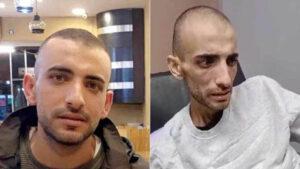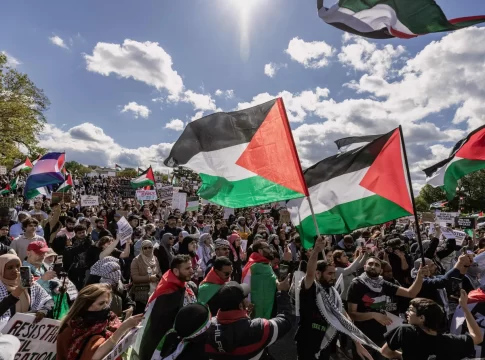
The recent decision by Israel to indefinitely delay the release of over 600 Palestinian prisoners marks a significant setback in the fragile ceasefire process. Netanyahu’s government has cited security concerns and accused Hamas of using hostages for propaganda. In response, Hamas criticized Israel for evading its obligations, highlighting the ongoing cycle of accusations and standoffs that underline the region’s instability.
This delay has not only exacerbated tensions but also drawn international attention to the broader humanitarian implications, portraying Israel as a state that continues to prioritize territorial aspirations over peace.

Netanyahu’s continued policies in the occupied territories have resonated globally, particularly in light of the aggressive settlement expansions and the forceful evacuation of Palestinian villages. These actions, often justified under the guise of security, have fueled perceptions of Israel as an occupying force rather than a peace-seeking nation.
Global public opinion, especially among younger generations, is increasingly critical of these measures. Many view the two-state solution not only as a viable path to peace but as an essential shift that reflects contemporary values of justice and coexistence. The dream of a “Greater Israel” from the Euphrates to the Nile, held by some factions, seems increasingly out of step with global sentiments that favor negotiation and reconciliation over expansionism and dominance.

In the United States, pro-Israel groups like the American Israel Public Affairs Committee (AIPAC) wield significant influence, often leveraging substantial financial power to support candidates sympathetic to Israeli policies, Critics have accused Aipac of attempting to intimidate candidates into avoiding criticism of Israel by implicitly threatening to fund campaigns against them, Among those expected to be targeted by pro-Israel groups are members of the the Squad, including Jamaal Bowman and Cori Bush, who are thought to be vulnerable to political attacks over issues unrelated to their criticisms of the war in Gaza However, this influence is being challenged by a shift in U.S. public opinion. A growing number of Americans, including influential Jewish voices, are questioning the alignment of U.S. foreign policy with Israel’s current strategies, particularly in light of the humanitarian crises in Gaza and the West Bank. Like J Street, a more moderate pro-Israel group, that was founded in 2007 to counter Aipac’s unflinching support for rightwing governments. J Street established a Pac to support candidates who back a two-state solution for Israel and Palestine.
The call for change is clear: A reimagined approach that breaks free from the chains of past hostilities and embraces a future of peace and prosperity for all its peoples. The world watches, hoping for a resolution that reflects the shared values of humanity and paves the way for lasting peace.


